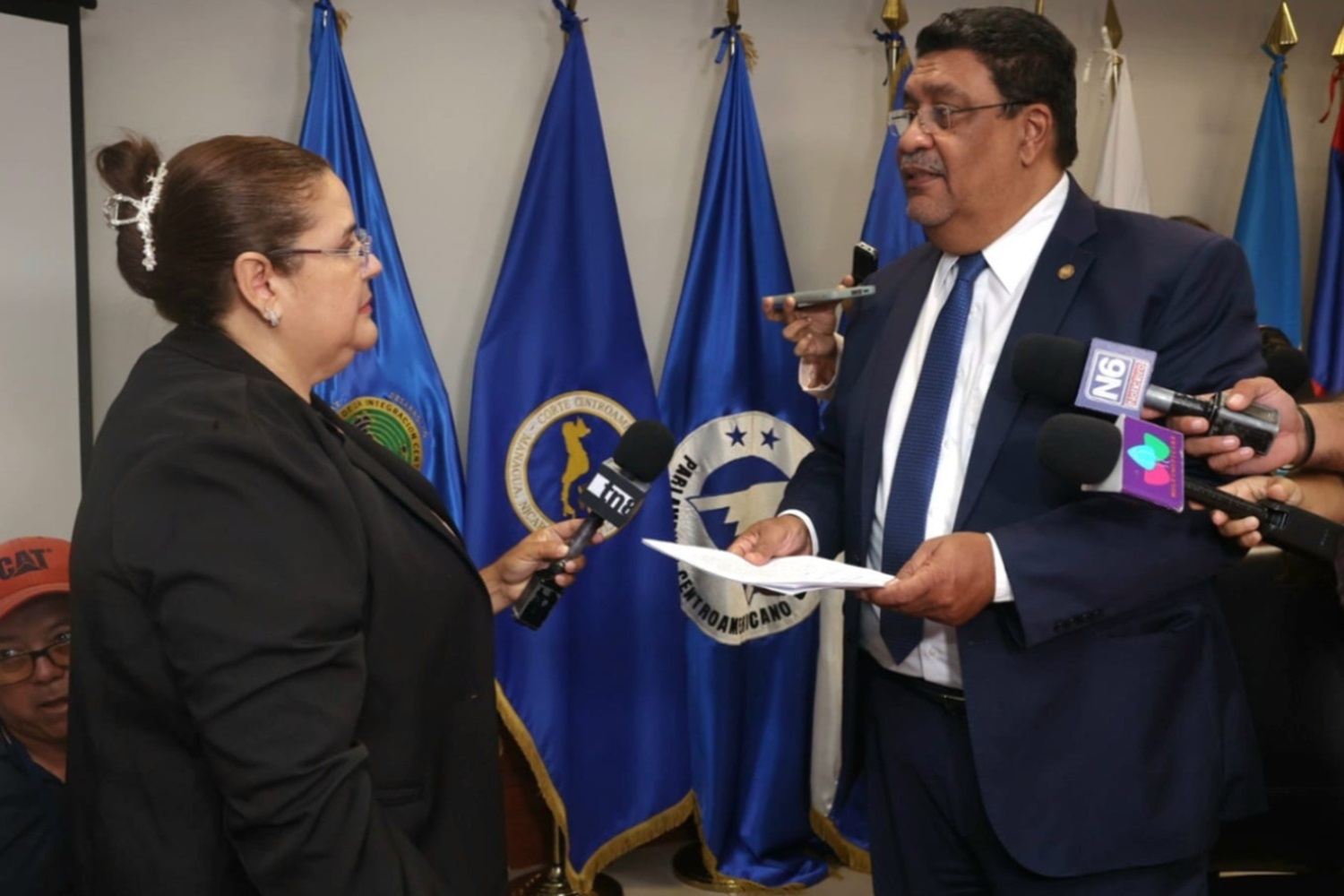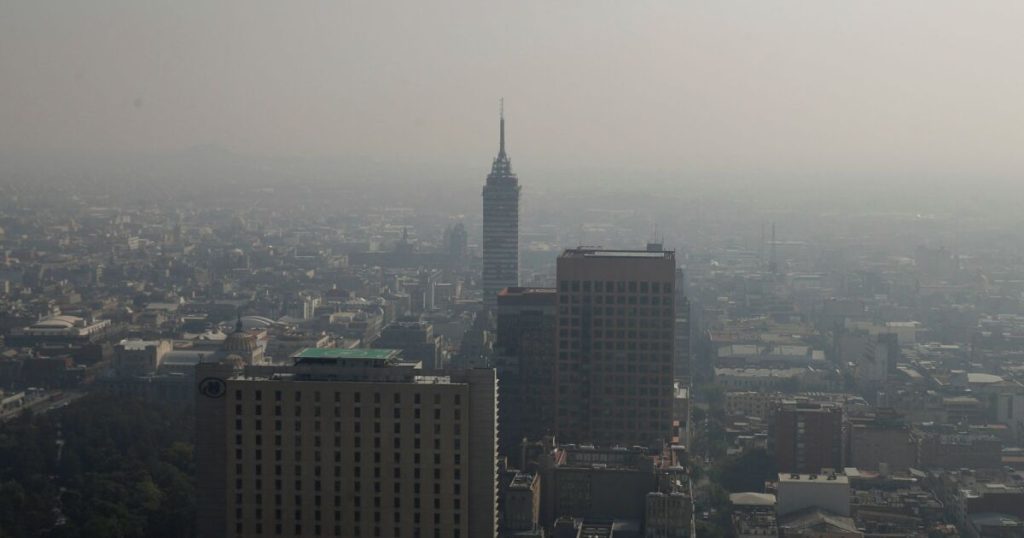The dictators Daniel Ortega and Rosario Murillo will not win anything in the Central American Court of Justice (CCJ), a regional instance to which they resorted trying to force four countries in the region to elect as secretary general of the Central American Integration System (SICA) one of its proposed candidates, who have already been rejected several times because they do not meet the requirements, according to experts in international law and diplomacy, consulted by Article 66.
This Tuesday, December 10, the Ortega-Murillo regime, through its Foreign Ministry, appealed to the CCJ through a resource known as a “request for mandatory consultation”, with which it intends for the region’s legal body to interpret the Protocol. of Tegucigalpa and issue its opinion forcing Guatemala, Costa Rica, Panama and the Dominican Republic to approve the election of one of Ortega’s candidates for the General Secretary of SICA.
These four countries have rejected at least 9 candidates proposed by the Ortega-Murillo administration on four occasions because the candidates do not meet the required qualities established in the Tegucigalpa Protocol itself.
The General Secretariat of SICA has been headless since November 2023, when the then secretary general, proposed by Nicaragua, Warner Vargas, surprisingly resigned, according to the Managua regime. Since then, the Ortega-Murillos have proposed three shortlists and all have been rejected by the governments of Guatemala, Costa Rica, Panama and the Dominican Republic.
Related news: Ortega’s dictatorship, furious and offensive, calls delegates who rejected his new shortlist in SICA “servile” and “insane”
These governments argue that the candidates do not meet the qualities required by the SICA for the position that, by regulation of the System, Nicaragua must hold for a period of four years, which expires in November 2026.
The requirements
Article 26 of the Tegucigalpa Protocol establishes that “the Secretary General is the highest administrative official of SICA and has its legal representation.”
The requirements established by the organization’s founding document to occupy that position are, among others: “be a national of any of the Member States, a person with a recognized integrationist vocation, “with a high degree of impartiality, independence of judgment and integrity.”
Those proposed by the regime are loyal to Ortega and Murillo, considered political operators at the full service of the dictatorial marriage and in addition, all have been committed to repression, violations of human rights and even crimes against humanity.
Resorting to the Central American Court is a propaganda show to play victims
Faced with constant rejections of its candidates and after several offensive reactions against member states that do not approve its proposals, Ortega’s executive decided to try to pressure through the CCJ, a body in which, according to analysts, it can control and obtain a ” opinion” that sweetens his ears, but that is not going to fulfill his intentions of forcing his candidates to be elected without them meeting the established requirements.
For a former Nicaraguan diplomat who knows very well the functioning of SICA and who asked to keep his identity confidential, the CCJ has jurisdiction for a “consultation” that is nothing more than a “legal interpretation of the SICA statutes” in relation to the election of the general secretary.
Article 22 of the constitutive act of the CCJ establishes that, within its powers, it is “to act as a consultative body for the bodies or agencies of the Central American Integration System, in the interpretation and application of the “Tegucigalpa Protocol of reforms to the Charter of the Organization of Central American States (ODECA)”, and the complementary instruments and acts derived from them.
Likewise, article 23 orders that “States may submit illustrative queries to the Court on the interpretation of any current International Treaty or Convention; also, regarding conflicts of the Treaties among themselves or with the Internal Law of each State.
The former diplomat analyzes that Ortega, with the support of the judges of Honduras and El Salvador, could obtain a “favorable opinion”, however, that would only be in the sense that the State of Nicaragua is responsible for proposing shortlists, and that the General Secretariat of the SICA should not be headless. “Ortega will not win anything in the CCJ,” he warns.
For his part, the executive secretary of the Inter-American Legal Assistance Center for Human Rights (CALIDH), Danny Ramirez-Ayérdiz, points out that the consultation that the Ortega regime has submitted to the CCJ will not have much echo given that the candidates for the SG -SICA rejected in reality do not meet the qualities and qualifications to apply for the position because, like the Ortega-Murilo government, they have maintained a “highly biased, even anti-Central American” discourse.
The lawyer and human rights defender recalled that the officials nominated by the Nicaraguan dictatorship “are not in accordance with the first principle of the protocol, which is the protection and guardianship of human rights in Central America, so they seek to subject (to election) “These people who do not have those qualities and especially in relation to the human rights violations they have committed.”
The lawyer maintains that the tyrant seeks to pressure the Court to issue an opinion that favors him more as propaganda because an “opinion” is not binding, says the lawyer, however, it can be used by the Managua regime to make itself known. victim and if that opinion does not favor him, he can take retaliation that could even include the expulsion of the foreign magistrates since the headquarters of the CCJ is in Managua.
Another aspect that Ramírez-Ayerdiz points out is that Ortega is claiming for a right that the member states of SICA have since in the same Tegucigalpa Protocol it is established that the states can reject the shortlists proposed by the state that is responsible for proposing.
Meanwhile, Alex Aguirre, former SICA official, points out that it must be taken into account first of all that the evaluation of the candidates for the SG-SICA does not fall on the Central American Court but on the Council of Ministers of Foreign Affairs, according to the article 35 of the Tegucigalpa protocol.
In that sense, he reminds the Ortega-Murillo dictatorship that “the legitimacy of any candidate is conditioned by the political context of the government that nominates him.”
Along these lines, he maintains that the Inter-American Democratic Charter and the Statute of the CCJ establish that “the principles of democracy, respect for human rights and transparency are essential for the member states of SICA” and that is why the states that reject the proposals of the Managua regime are aware of the “history of systemic violations by the Nicaraguan regime, which delegitimizes any argument of technical merit, so it would be inappropriate for the Court to validate a nomination that does not reflect the values fundamentals of the regional system”,
García warns that, with this action “the Sandinista regime of Ortega and Murillo seeks to exploit the Central American Court of Justice to put political pressure on the member states of SICA.”
Likewise, the young analyst confronts the dictatorship that, according to the Tegucigalpa protocol, the secretary general must be appointed “by consensus of the member states,” which reflects the democratic and collegial nature of the system, however, the dictator Ortega- Murillo, by resorting to the CCJ “tries to force a legitimation that cannot be obtained through diplomatic means, seeking to divert attention from its international isolation and constant violations of the Inter-American Democratic Charter and respect for human rights,” That is, Ortega tries to act “by his guns”, breaking the consensus in SICA.
















